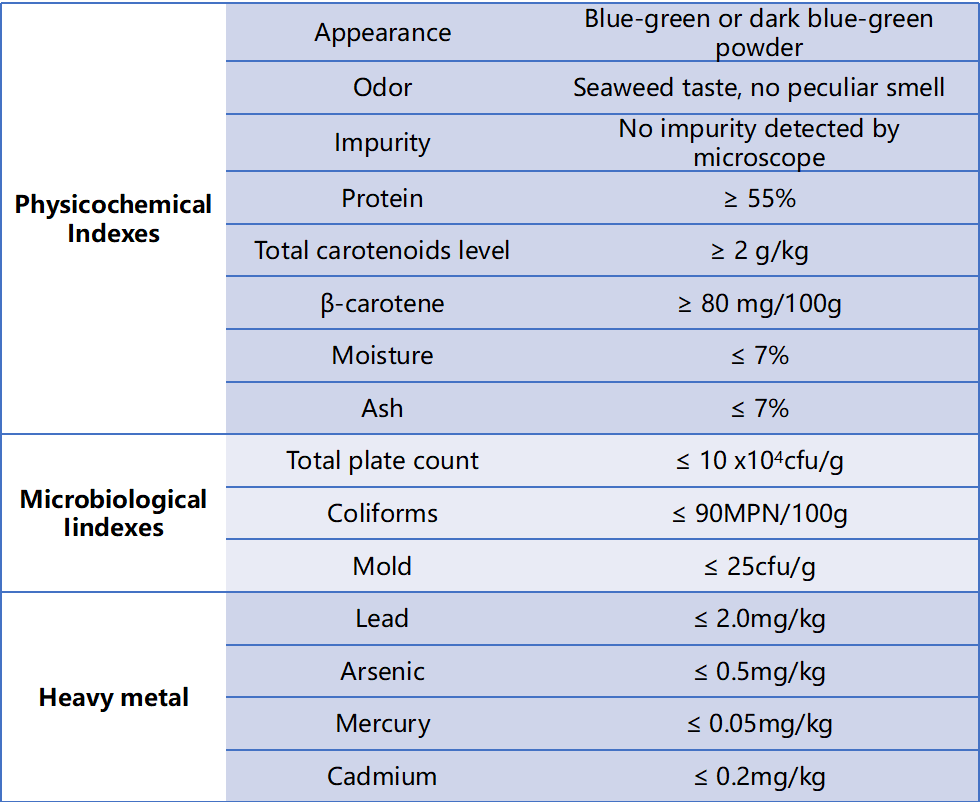On January 26, 2023, the Department of Energy (DOE) announced $118 million in funding for 17 projects to accelerate the production of sustainable biofuels as the Biden administration works to cut greenhouse gas emissions from transportation and manufacturing.[1] The selected projects will drive the domestic production of biofuels and bioproducts by advancing biorefinery development, creating sustainable fuels that reduce emissions associated with fossil fuels.
The awards support the agency’s goal to achieve cost-competitive biofuels and at least a 70 percent reduction in greenhouse gas (GHG) emissions by 2030, as well as the Biden administration’s goal of reaching net zero emissions economy-wide by 2050.[2] Omega 3 Epa Dha

According to the Biden administration, biofuels are crucial to lowering emissions, including in the aircraft industry, allowing for the production of lower-carbon sustainable aviation fuel. The transportation sector accounts for a third of all domestic GHG emissions, negatively affecting the health and well-being of millions of Americans, particularly those in underserved communities.[3] Transportation costs are the second largest annual expense in U.S. households, placing a disproportionate and unsustainable financial burden on the poorest Americans.[4]
Biofuels are liquid fuels and blending components produced from biomass materials such as agricultural waste, animal fats, and algae. Most biofuel consumption occurs as a blend with refined petroleum products such as heating oil, gasoline, diesel fuel, and kerosene-type jet fuel.[5] The two most common types of biofuel blends in use today are ethanol and biodiesel, both of which represent the first generation of biofuel technology. However, some biofuels do not require blending with their petroleum counterparts and are referred to as drop-in biofuels or renewable hydrocarbon biofuels.[6]
Energy-dense biofuels provide an avenue for low-carbon fuels that can lower GHG emissions throughout the transportation sector and accelerate the bioeconomy. For example, U.S. corn ethanol has 44 to 52% lower GHG emissions than gasoline.[7] Biofuels also offer a solution to a major challenge of other alternative energy sources. Unlike other renewable energy sources such as solar and wind, biomass can be converted directly into liquid fuels, such as jet fuel, diesel fuel, and gasoline.[8]
According to the U.S. Energy Information Administration (EIA), 16.8 billion gallons of biofuels were consumed in the U.S. in 2021, compared to 134.8 billion gallons of motor gasoline that were consumed in the same year.[9] The selected projects are expected to eventually create millions of gallons of lower-carbon fuel annually.[10]
The selected projects support the renewable fuels goals laid out in the first-ever U.S. National Blueprint for Transportation Decarbonization (Blueprint), released last month. This landmark framework details comprehensive strategies for eliminating nearly all GHG emissions from the transportation sector by 2050. The Blueprint builds on Biden’s Bipartisan Infrastructure Law (BIL) and Inflation Reduction Act (IRA).[11]
This funding also aligns with the U.S. Sustainable Aviation Fuel (SAF) Grant Challenge Roadmap, a comprehensive strategy for scaling up new technologies to produce SAF on a commercial scale published by the DOE, the U.S. Department of Transportation (DOT), and the U.S. Department of Agriculture (USDA). By supporting feedstock innovation, conversion technology innovation, and the building SAF supply chains, the projects support the challenge’s goal of enabling the production of three billion gallons of sustainable aviation fuel annually by 2030 and 35 billion gallons annually by 2050.[12]
The DOE’s Bioenergy Technologies Office (BETO) will administer the selections, which are subject to final award negotiations and additional eligibility vetting. BETO will administer awards ranging from $500,000 to $80 million to universities and private companies. Most projects will receive at least $2 million.[13] The funds add to the more than $500 million the DOE has invested into bioenergy and bio-refinery research and development through BETO over the past two years. The selected projects are located in nine states and Washington, D.C., and focus on several technologies, including anaerobic digestion, the conversion of cellulosic sugars to sustainable aviation fuel, catalytic biorefining, and others.
The 17 selected projects fall into four areas: (1) Pre-Pilot Scale-Up of Integrated Biorefineries, (2) Pilot Scale-Up of Integrated Biorefineries, (3) Demonstration Scale-Up of Integrated Biorefineries, and (4) Gen-1 Corn Ethanol Emission Reduction.
The following projects were selected:
Get our latest thought leadership

Refined Dha Oil © 2023 Mintz, Levin, Cohn, Ferris, Glovsky and Popeo, P.C. All Rights Reserved.